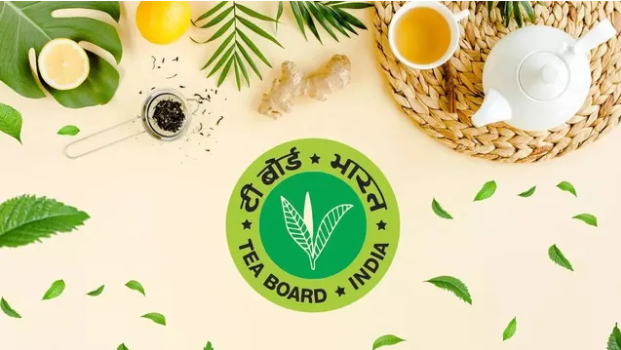India is famous for its tea, and the Tea Board of India plays a crucial role in this industry. Established in 1953, this organization helps to promote and develop tea production in the country. The Tea Board is responsible for regulating the tea industry and ensuring that both the quality and quantity of tea produced meet high standards. This is important because tea is not only a popular beverage but also a significant part of Indian culture and economy.
The Tea Board of India works closely with tea growers and producers. It provides them with necessary support, training, and resources to improve their tea quality. This organization also promotes Indian tea both nationally and internationally, helping to maintain India’s reputation as one of the leading tea producers in the world. In this article, we will explore the various functions, significance, and challenges faced by the Tea Board of India.
Role of the Tea Board of India
The Tea Board of India has several important roles in the tea industry. One of its main functions is to regulate tea production. This includes monitoring the quality of tea, setting standards for production, and ensuring that farmers follow best practices. By maintaining high quality, the Tea Board helps to enhance the reputation of Indian tea in the global market.
Another significant role of the Tea Board is to provide financial support to tea growers. The organization offers various schemes and subsidies to help farmers improve their production methods. This can include financial assistance for purchasing better equipment or investing in more efficient farming techniques. The support from the Tea Board is essential for helping farmers increase their income and sustain their livelihoods.
Promoting Tea Exports
Promoting tea exports is also a critical function of the Tea Board of India. The organization actively participates in international trade fairs and exhibitions to showcase Indian tea. By promoting the unique flavors and varieties of Indian tea, the Tea Board aims to expand the market for Indian tea overseas. This not only benefits tea producers but also contributes to the country’s economy.
The Tea Board also works to build relationships with foreign buyers. By connecting Indian tea producers with international markets, the Tea Board helps to ensure that Indian tea is enjoyed by people all around the world. This focus on exports plays a significant role in boosting the overall demand for Indian tea and elevating its status in the global market.
Tea Production in India
Tea production in India is concentrated in several regions known for their unique flavors and qualities. The major tea-producing states include Assam, West Bengal, Kerala, and Tamil Nadu. Each region has its own characteristics that affect the taste and quality of the tea produced there. For example, Assam tea is known for its strong, bold flavor, while Darjeeling tea is often referred to as the “champagne of teas” because of its delicate aroma and taste.
The cultivation of tea requires specific climatic conditions, such as abundant rainfall and well-drained soil. Farmers often grow tea in plantations, where they carefully nurture the tea plants to ensure high-quality leaves. The harvesting process is labor-intensive, as only the young leaves are picked for the best flavor. This process typically occurs several times a year, depending on the region and the tea variety being grown.
Challenges Faced by the Tea Industry
Despite the importance of the tea industry, it faces several challenges. One major issue is climate change, which affects tea production by altering rainfall patterns and temperatures. These changes can lead to lower yields and impact the quality of tea. Farmers need to adapt to these changes to maintain production levels.
Another challenge is competition from other tea-producing countries. Countries like China, Sri Lanka, and Kenya have become significant players in the global tea market. This increased competition can put pressure on Indian tea producers to improve their quality and reduce costs. The Tea Board of India is actively working to address these challenges by promoting research and development in tea cultivation.
Conclusion
In conclusion, the Tea Board of India is vital for the growth and development of the tea industry in the country. Its roles in regulating production, supporting farmers, and promoting tea exports are essential for maintaining India’s position as a leading tea producer. Despite facing challenges such as climate change and global competition, the Tea Board continues to work tirelessly to support the industry and ensure high-quality tea for consumers.
As tea remains a beloved beverage in India and around the world, the Tea Board’s efforts will play a crucial role in the future of the tea industry. By focusing on quality, sustainability, and market expansion, the Tea Board of India will help preserve the rich heritage of Indian tea for generations to come.
FAQs
Q: What is the Tea Board of India?
A: The Tea Board of India is a government organization that regulates and promotes the tea industry in India.
Q: When was the Tea Board of India established?
A: The Tea Board of India was established in 1953.
Q: What are the main functions of the Tea Board?
A: The main functions include regulating tea production, supporting farmers, and promoting tea exports.
Q: Which states in India are known for tea production?
A: Assam, West Bengal, Kerala, and Tamil Nadu are the main tea-producing states in India.
Q: What challenges does the tea industry face?
A: Challenges include climate change, competition from other countries, and the need for quality improvement.
READ MORE : authority dog food
